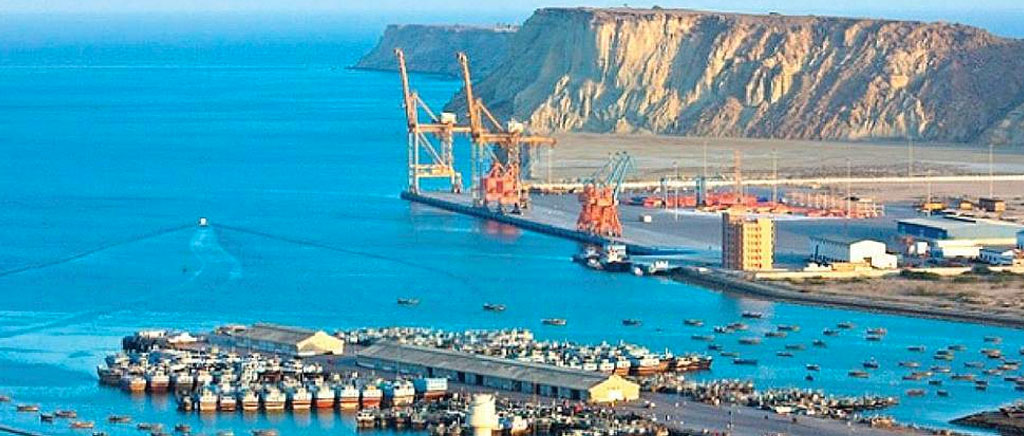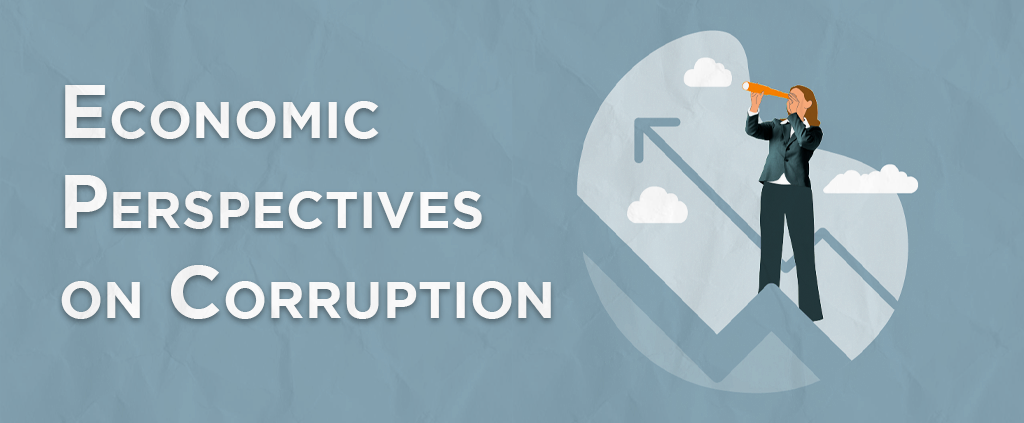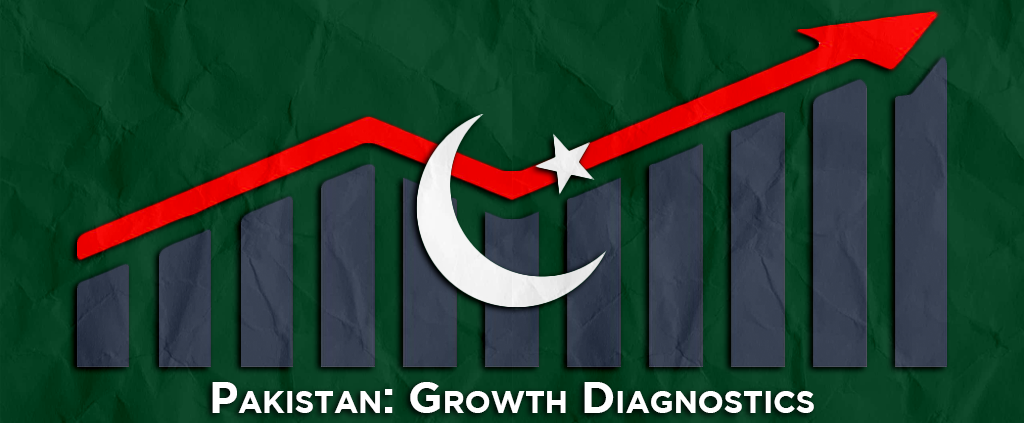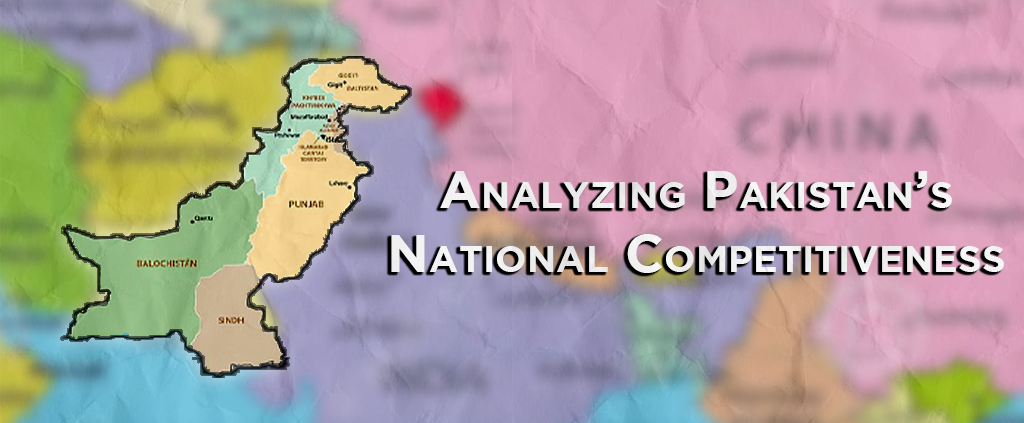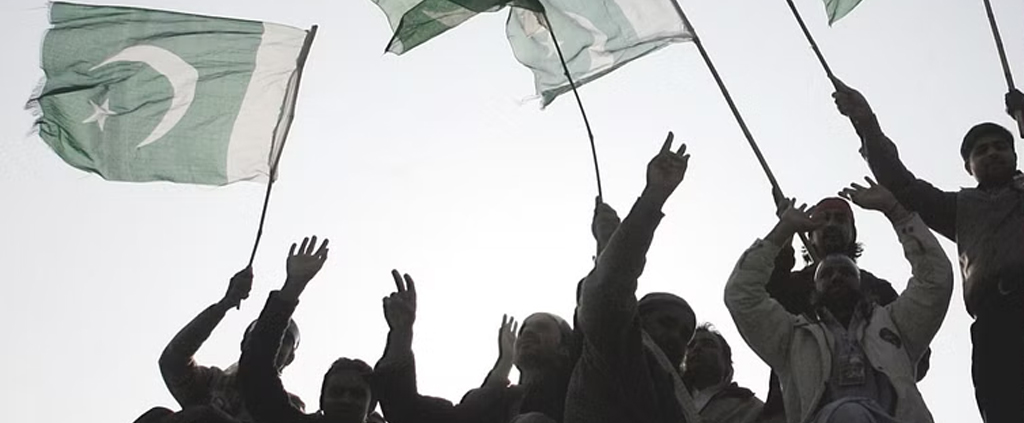Jamil Nasir
The author is a graduate of Columbia University with degree in Economic Policy Management, Chevening Fellow on Economic Governance and Reforms, and a published author of three books, two on development and one on regional trade. His writings for Criterion Quarterly are: IMF Programs in Pakistan (1988-2008) – An Analysis Democracy, Inclusion and Governance: The […]



